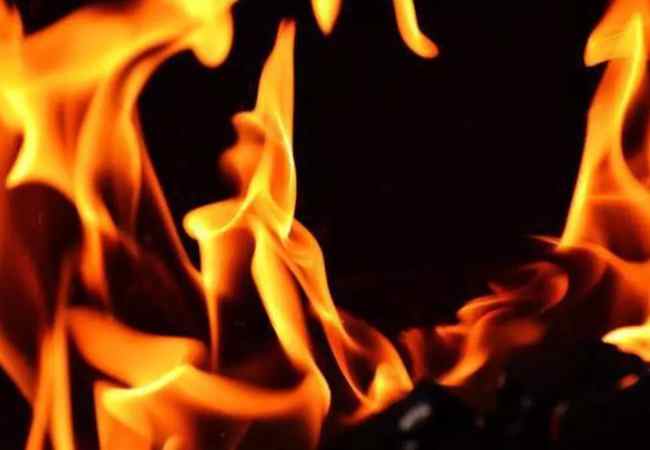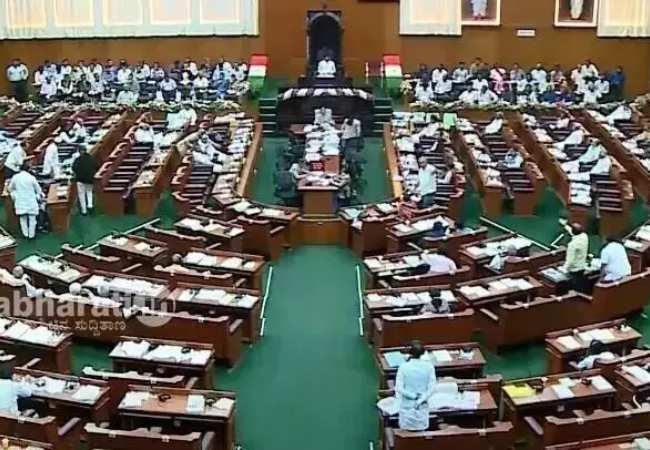HARIDWAR May 28: After becoming India's most trusted Fast Moving Consumer Goods brand, Yoga guru Baba Ramdev's Patanjali on Sunday entered the telecom sector.
At an event, Baba Ramdev launched Swadeshi Samriddhi SIM cards, in alliance with Bharat Sanchar Nigam Limited (BSNL). Initially, only the employees and office bearers of Patanjali will be able to avail the benefits of the SIM card.
After its full-fledged launch, people will get discount of 10 per cent on Patanjali products with this card.
Just with the recharge of Rs 144, one would be able to make unlimited calls across the country, get 2GB data pack and send 100 SMSs. Apart from this, people will also get health, accidental and life insurances.
Speaking on the occasion, Ramdev said government-owned BSNL is a 'Swadeshi network' and the motive of both Patanjali and BSNL is the welfare of the country.
"There are five lakh counters of BSNL and from there people can soon get Patanjali swadeshi-samridhi card," Ramdev said.
Talking about the company's motive "prosperity for charity", he further said that in addition to attractive data and call package, the card also comes with the medical and life insurance covers of Rs 2.5 lakh and Rs 5 lakh, respectively.
However, the covers could only be availed in the case of road accident.
Sunil Garg, BSNL Chief General Manager, who was also present here also praised the tie-up of Patanjali and BSNL.
"Patanjali's plan is BSNL's best plan. In Rs 144, one can make unlimited calls from any part of the country. We are giving 2 GB data pack, 100 SMSs. The members of the Patanjali has to just show their identity and there SIM will be activated soon after some paperwork," he said. (ANI)
courtesy : telecom.economictimes.indiatimes.com
Let the Truth be known. If you read VB and like VB, please be a VB Supporter and Help us deliver the Truth to one and all.
Mandya (PTI): Three members of a family, two of them women, were killed when the car they were travelling in overturned and fell into a ditch on Sunday, police said.
The driver lost control of the vehicle and crashed into a bridge on the Bengaluru-Mangaluru National Highway at Nagamangala in Mandya district, police added.
The deceased were identified as Chandregowda (62) and Sarojamma (57), both residents of Chikkamagaluru. They were returning to their hometown when the accident occurred, police sources said.
In another incident near Agaralinganna Doddi in Maddur taluk, a private bus overturned on a service road, injuring more than 30 people. Locals helped rescue the passengers after the accident.
The passengers were travelling to Bengaluru after visiting the Shimsha Maramma temple in Malavalli. The injured were taken to hospitals in Mandya and Maddur for treatment.





